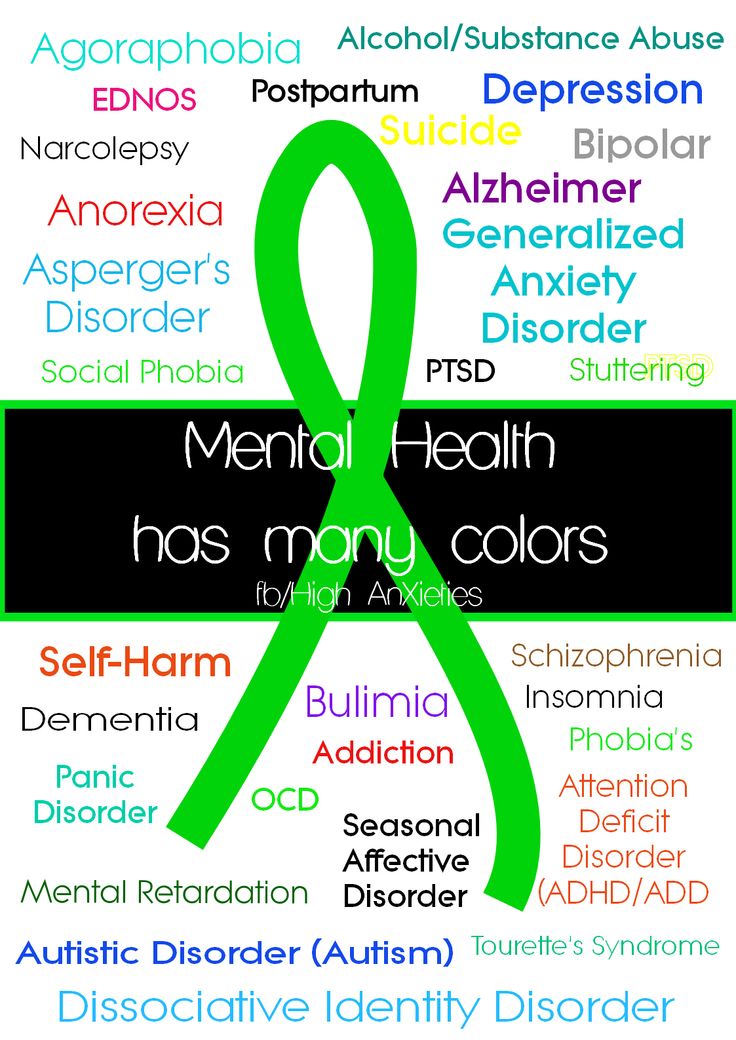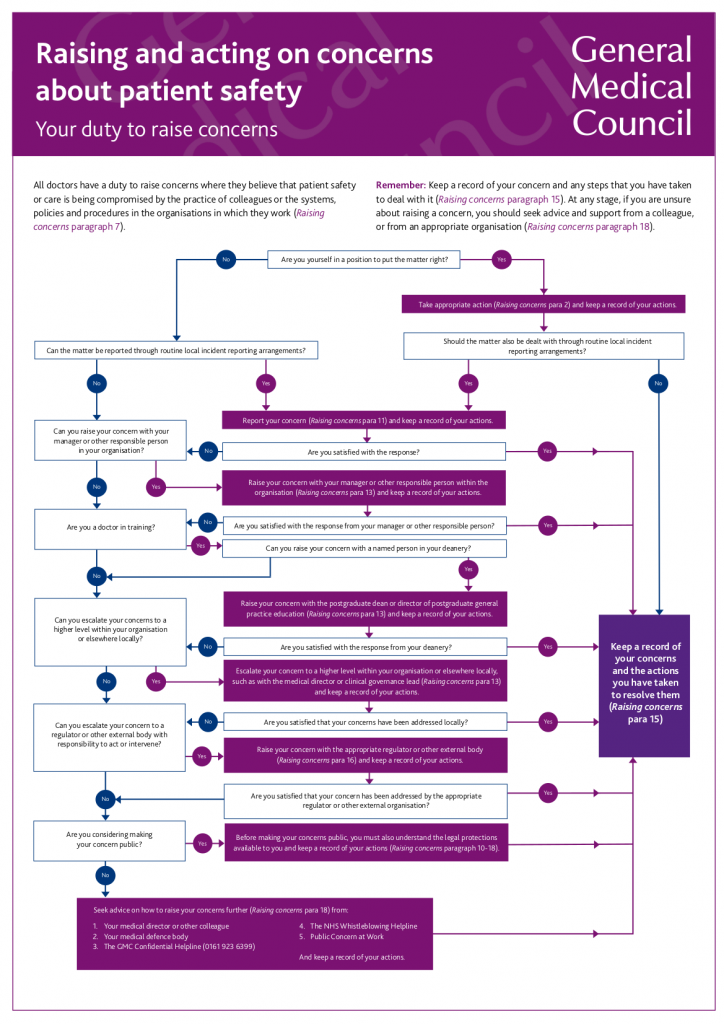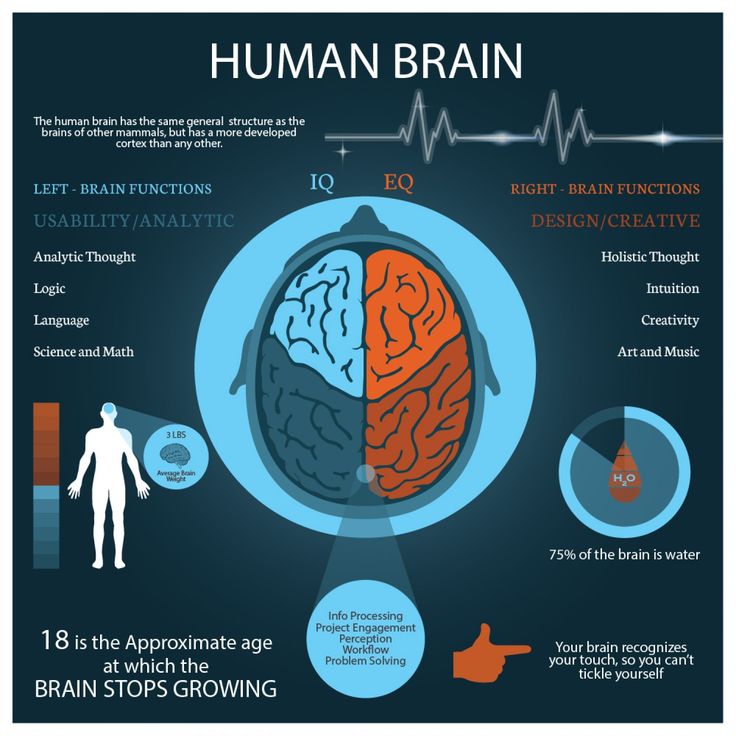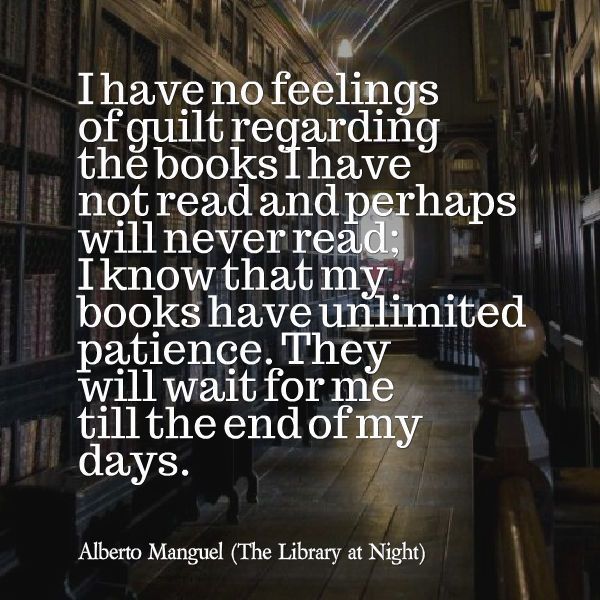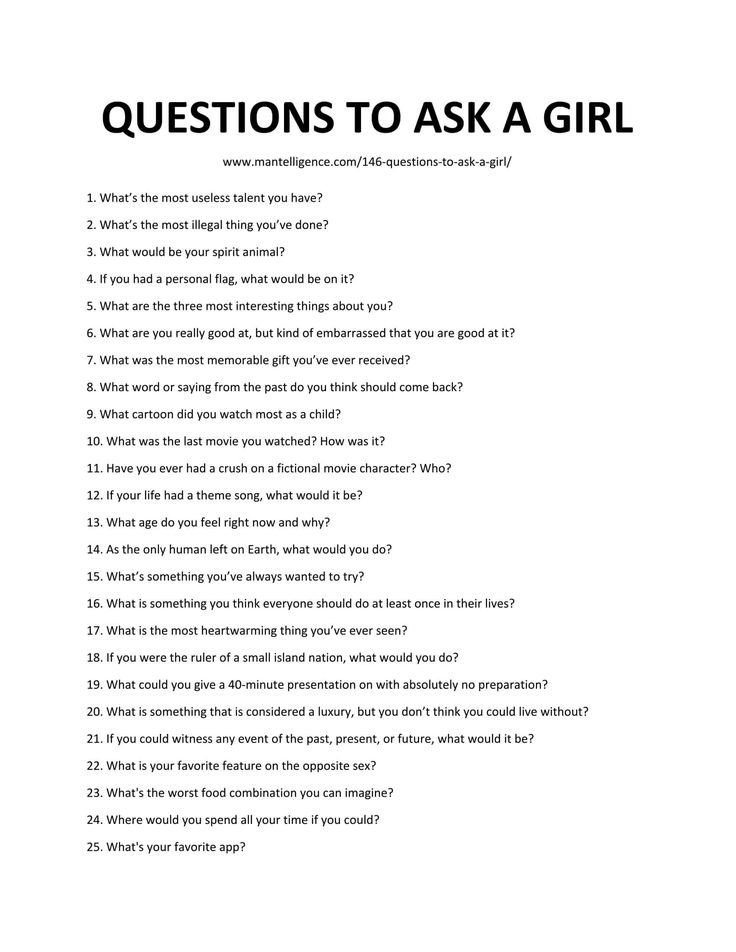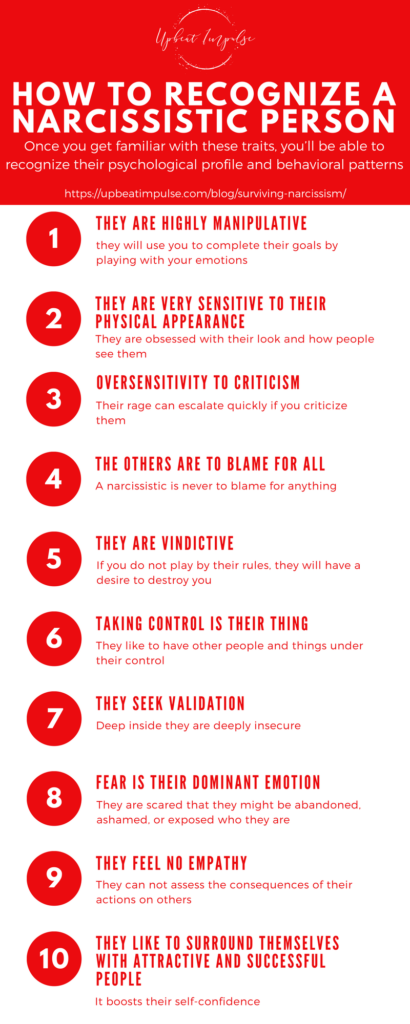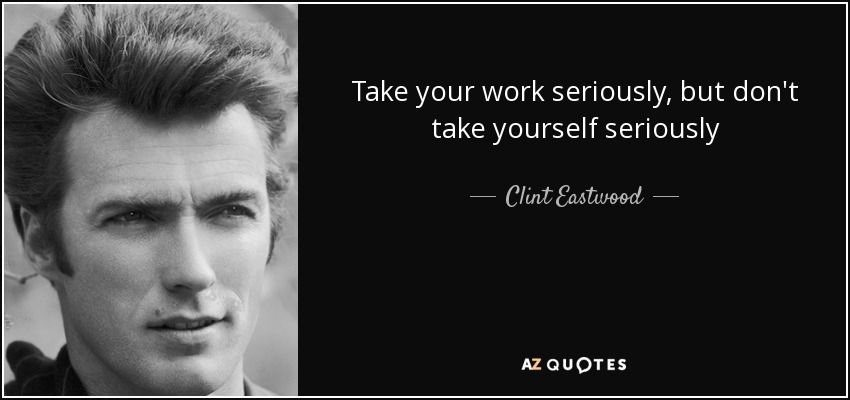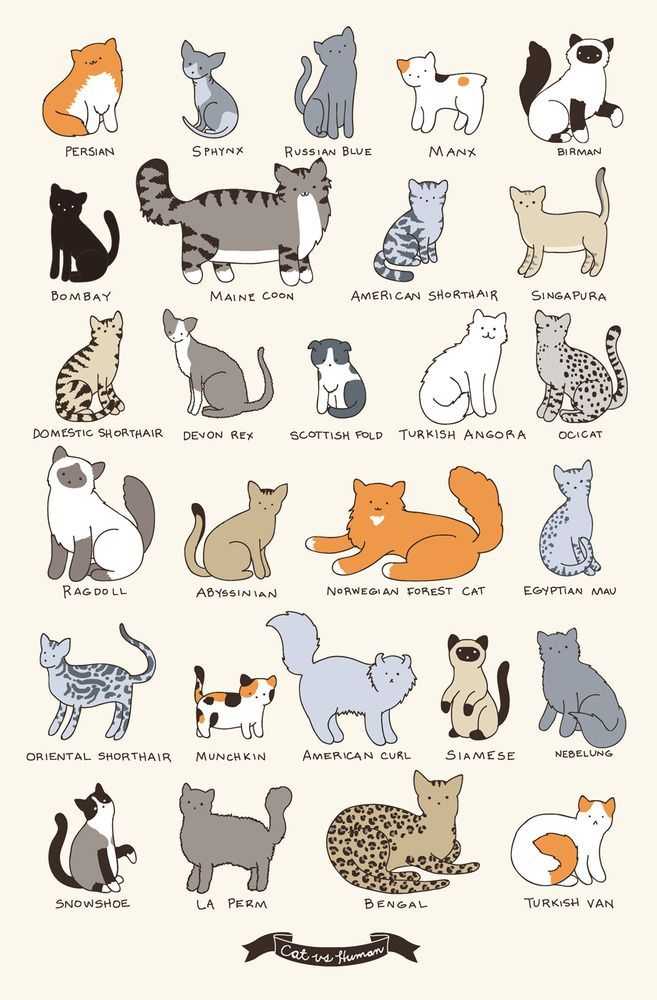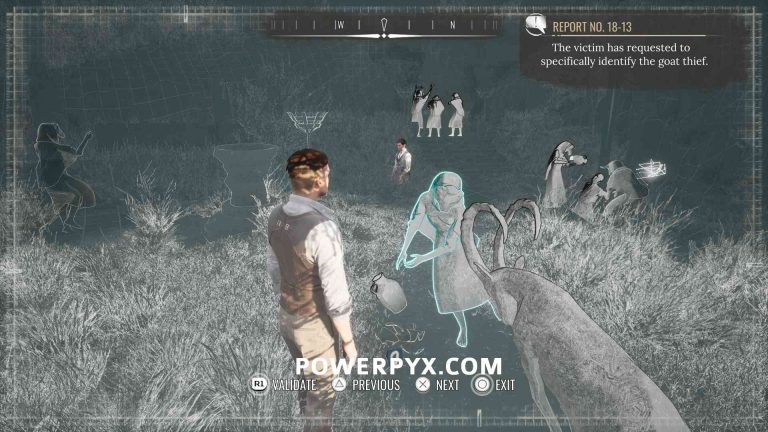Most energizing antidepressant
Understanding Antidepressant Selection Medications for Depression
With medication management playing an increasingly pivotal role in the treatment of mental health disorders, the challenges faced by clinicians are increasing. For one, non-medical clinicians provide the majority of mental health services in the United States. For another, the majority of prescriptions and orders for psychotropic medications are written not by psychiatrists, but by family practice and primary care physicians. As a result, you may be working with patients who are neither in a program of monitored drug use nor being treated with a combination of medication and psychotherapy.
But before you can begin effectively collaborating with prescribing practioners, you need to know...
How the depression presents. There are several subtypes of major depressive disorder, but none of them are reliable predictors of antidepressant response. Nevertheless, there needs to be a starting point for the selection process. For example, is the client’s depression accompanied by anxiety and insomnia, or is it characterized by melancholia, hypersomnia and a vegetative state. In the first example, any of the SSRIs with the likely exception of Prozac (fluoxetine) because of its energizing properties, would be acceptable choices; the latter example would be better served by Prozac (fluoxetine), the SNRIs Effexor (venlafaxine), Cymbalta (duloxetine), Pristiq (desvenlafaxine) etc. or Wellbutrin (bupropion).
Personal and family history. Has the client had any previous experience with an antidepressant? If yes, what were the results? If the medication was discontinued, why? If it worked, try it again, unless the client’s clinical condition has changed enough to no longer warrant its use. Does the client’s history include a family member who was prescribed an antidepressant drug and responded to it favorably? If so, use this possible DNA phenomenon to the client’s advantage by using the same medication.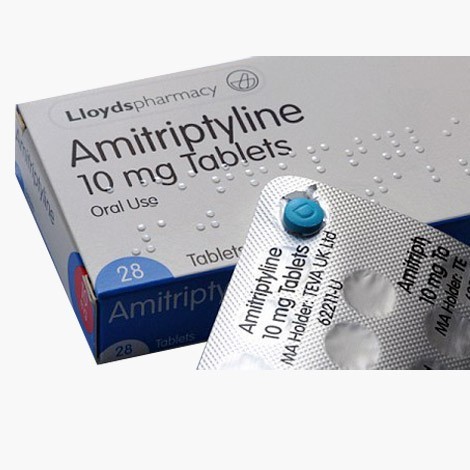
Drug characteristics. Prozac (fluoxetine) and Wellbutrin (bupropion) are examples of “energizing” antidepressants; whereas Paxil (paroxetine) and Celexa (citalopram) tend to be more sedating. Initial choices therefore, should be predicated on how the depression presents—as outlined in #2 above. The point here is that one size does not fit all, and selection should not be based on what samples are in abundant supply or what pharmaceutical representative just visited.
Reasonable expectations. When anyone is started on an antidepressant, the individual should be informed as to what to expect from the drug. Inform them that antidepressants may take several weeks to generate any consistently noticeable mood improvement. They should be counseled to take the medication as prescribed for a defined period of time—say six months—before a reassessment.
Initial response. This one’s important. After the first swallow, and with some waxing and waning for at least a few days, there will be side effects.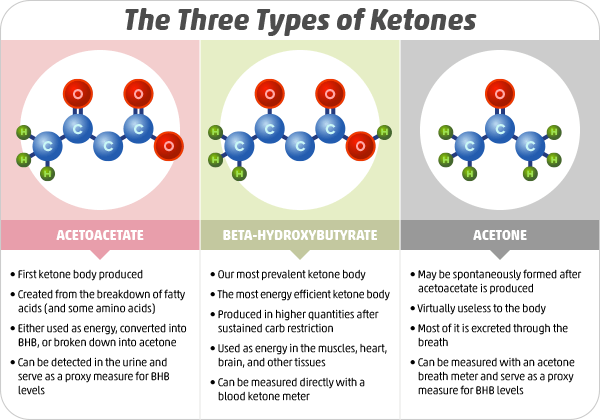 Side effects tend to annoy patients, so when in a vulnerable state, it’s easy for them to give up. If you believe the person may be at risk for non-compliance or stopping the medication altogether, some cheerleading may be necessary because the most critical phase of antidepressant management is the first 7–10 days of treatment. Encourage patients to stay with the drug because many side effects will abate within a week of antidepressant initiation. (Not all side effects, for sure. Physiological adverse events such as sexual dysfunction may persist for some time.)
Side effects tend to annoy patients, so when in a vulnerable state, it’s easy for them to give up. If you believe the person may be at risk for non-compliance or stopping the medication altogether, some cheerleading may be necessary because the most critical phase of antidepressant management is the first 7–10 days of treatment. Encourage patients to stay with the drug because many side effects will abate within a week of antidepressant initiation. (Not all side effects, for sure. Physiological adverse events such as sexual dysfunction may persist for some time.)
Let the client choose. Initial antidepressant selection is solely within the prescriber’s domain, right? Not so fast. No one antidepressant or antidepressant class consistently outperforms another. So let the client choose his or her antidepressant based on acceptable side effects. By acceptable side effects, I mean those that the client is willing to put up with or tolerate. Prepare your client for an antidepressant trial by first focusing on the drug’s side effects — not therapeutic effects. Then have them share their selections with the prescriber, where they are not likely to get much pushback — unless there are threatening contraindications. Proceeding in this manner helps the client put side effects in perspective, which in turn tends to mitigate the annoyance of having to endure them in the first place. Also, getting the client involved in the selection process has them believing they have “skin in the game” when it comes to what they will be taking. The result: exercisable choices fuel empowerment and empowerment fuels compliance. That’s win-win. Finally, finding the right antidepressant fit can be tedious. Users should enlist the support of trusted family, friends and maybe even colleagues for encouragement as needed.
Then have them share their selections with the prescriber, where they are not likely to get much pushback — unless there are threatening contraindications. Proceeding in this manner helps the client put side effects in perspective, which in turn tends to mitigate the annoyance of having to endure them in the first place. Also, getting the client involved in the selection process has them believing they have “skin in the game” when it comes to what they will be taking. The result: exercisable choices fuel empowerment and empowerment fuels compliance. That’s win-win. Finally, finding the right antidepressant fit can be tedious. Users should enlist the support of trusted family, friends and maybe even colleagues for encouragement as needed.
Most Energizing Antidepressant - Choosing the Right Medication
If you’re thinking about using antidepressants, it’s a good idea to consider whether you need an energizing or relaxing medication. The most energizing antidepressant will affect you much differently than a sedating one.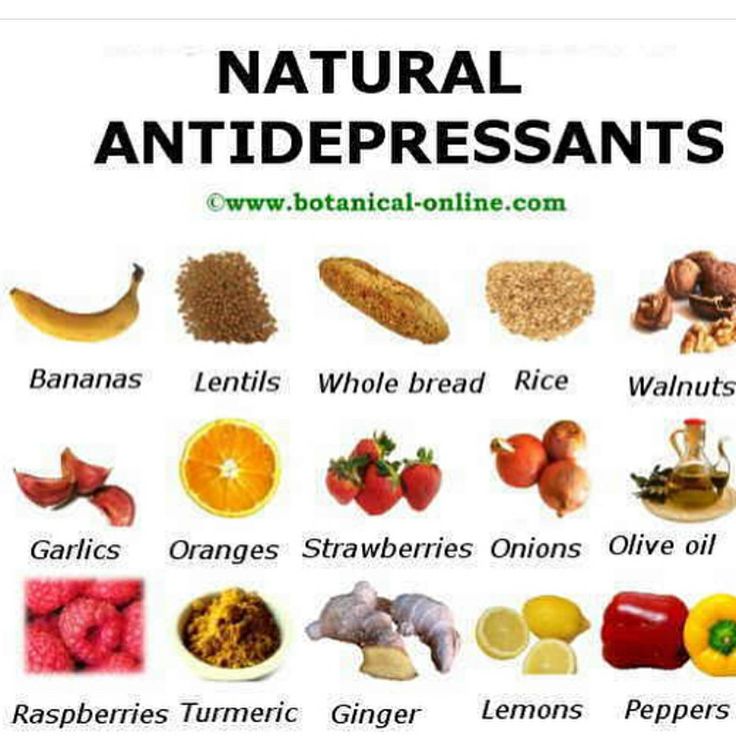
Deciding whether you need an energizing antidepressant involves a few key points. Firstly, you’ll have to assess your depression. This is, of course, much safer to do with the assistance of your doctor. Never make changes to your medical regimen without asking or informing your doctor.
Different Types of Depression
Before deciding whether or not you need the most energizing antidepressant in the world, you should assess your depression. Major depressive disorder can come in several forms.
The form of your depression depends on the characteristics and symptoms that you experience. The groups of symptoms can be broken up, broadly, into two groups.
- Symptoms of excess energy, such as anxiety and insomnia.
- Symptoms of depleted energy, such as lethargy, excessive sleep, and low motivation.
As you can imagine, people who struggle with the first group of symptoms aren’t going to need an energizing antidepressant. Instead, they will want to use an antidepressant that is more relaxing or sedating.
Instead, they will want to use an antidepressant that is more relaxing or sedating.
If you struggle with symptoms from the second group, however, you may be interested in a more stimulating antidepressant. These medications can help provide energy and motivation so that you can accomplish your daily tasks.
What Is the Most Energizing Antidepressant?
Many antidepressants present different benefits and side effects. Certain antidepressants are more energizing than others.
Here are some common examples of antidepressants of different types.
- Energizing antidepressants include Prozac (fluoxetine) and Wellbutrin (bupropion), both of which are known to stimulate the mind and body.
- Sedating antidepressants include Paxil (paroxetine) and Celexa (citalopram), both of which promote relaxation.
Deciding on the best antidepressant is up to you and your doctor or psychiatrist.
Precautions & Things to Be Aware of
When you start taking a new antidepressant, you should take note of the following:
Side Effects
Many patients experience side effects within the first few days or weeks of using an antidepressant. In many cases, these side effects tend to resolve themselves within a couple of weeks. However, if side effects persist, you may want to ask your doctor to switch you to a different medication.
In many cases, these side effects tend to resolve themselves within a couple of weeks. However, if side effects persist, you may want to ask your doctor to switch you to a different medication.
Drug & Supplement Interactions
Another thing to be cautious about is whether or not your new antidepressant will interact with supplements or drugs you’re already taking.
Your doctor will be able to tell you right away if your medications will interact. They will most likely avoid co-prescribing medications that have adverse interactions. Tell your doctor if you are taking any dietary supplements. They will be able to warn you of any potential interactions.
Conclusion
There are many antidepressants, some of which are more energizing than others. Of these, Prozac and Wellbutrin are considered the most stimulating.
It’s important that you remain aware of your needs, but it’s also important to take care of yourself and be aware of the potential of antidepressant addiction.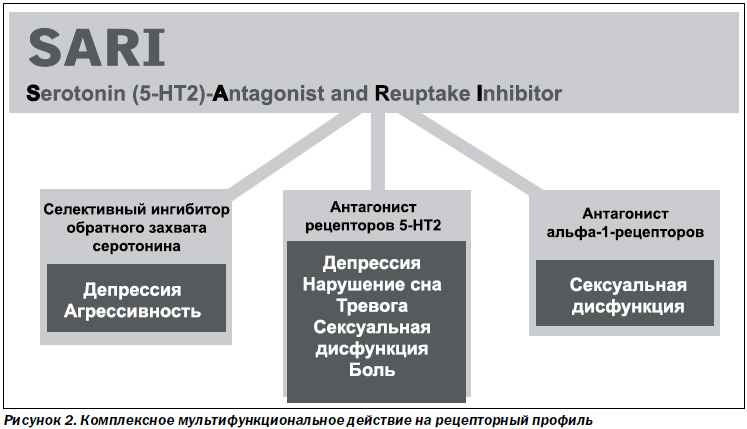 Groups like Surviving Antidepressants can help you find a way to thrive and survive without using antidepressants.
Groups like Surviving Antidepressants can help you find a way to thrive and survive without using antidepressants.
Like it? Share it!
Antidepressants antidepressants, depression, energy
Get Updates Right to Your Inbox
Sign up to receive the latest and greatest articles from our site automatically each week (give or take)...right to your inbox.
Blog UpdatesEmail Address *
list of the best drugs without prescriptions
Can I buy antidepressants without prescriptions? What mood improvers are most effective, when will lighter drugs help, and when powerful ones are needed, how do they affect the body, and can they be taken on their own? The main thing when choosing a medicine is not to harm your health.
I'm depressed!
This can often be heard from friends or read on the forum. But, as a rule, the person making such statements is mistaken. After all, what is meant by "depression" in a colloquial environment? Usually it means just a short-term deterioration in mood, irritability, fatigue under the influence of circumstances.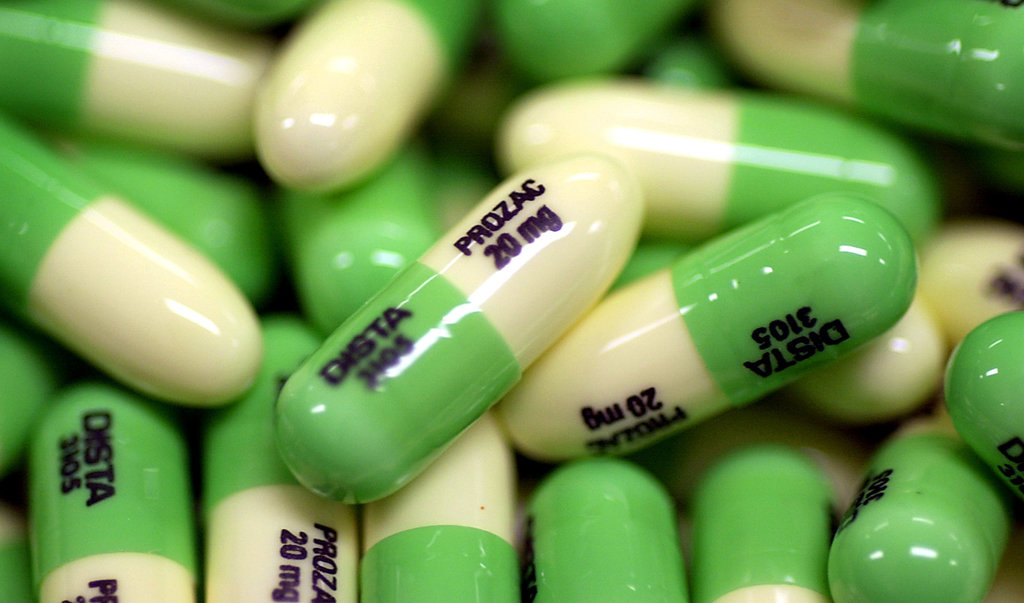 Sometimes a person just has a "bad day" or "gets up on the wrong foot" and calls it depression.
Sometimes a person just has a "bad day" or "gets up on the wrong foot" and calls it depression.
Nowadays, people are constantly faced with stress: overload at work, a frantic pace of life, excessive demands on themselves, a huge amount of information that flows from all sources. It is not surprising that many people cannot cope with so many stressors, and this can manifest itself in various symptoms:
- anxiety;
- irritability;
- fatigue;
- sleep disorders;
- obsessive thoughts;
- panic attacks.
If these symptoms are short-lived and go away on their own, don't get too upset. In most cases, they will be defeated by just a good rest. But sometimes vacation is not enough, and the body needs a little help. It is very important to choose the right medicines for this.
What depression really is
This is a long-term (2 weeks or more) pronounced decrease in mood, which is accompanied by several additional symptoms: decrease in activity, slowing down of mental activity, lack of joy from life. That is, if you are no longer touched by the usual joys - hobbies, family, gatherings with friends, then this is an occasion to think, observe your condition and, possibly, consult a doctor.
That is, if you are no longer touched by the usual joys - hobbies, family, gatherings with friends, then this is an occasion to think, observe your condition and, possibly, consult a doctor.
True depression is a serious and often serious illness that requires mandatory treatment by a psychiatrist with the appointment of special medications.
What drugs are used to treat depression?
They are collectively called antidepressants. It is worth noting that in recent years the indications for prescribing antidepressants have expanded significantly. Numerous studies have been conducted that have shown the effectiveness of antidepressants not only for depression, but also for anxiety, sleep disorders (insomnia), neurosis, and even neuropathic pain. Today, drugs from different groups of antidepressants are widely prescribed by psychiatrists, neurologists, and even therapists.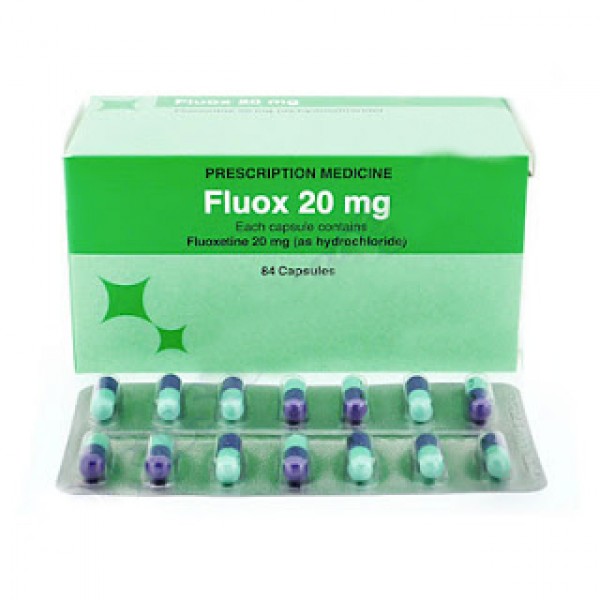
Two groups of drugs are most commonly used.
Tricyclic antidepressants
These are the oldest drugs that are considered the most powerful:
- Amitriptyline is a drug with a strong sedative and powerful antidepressant effect. Large doses are used to treat severe depression, and small doses are used for milder disorders. It relieves anxiety and has a hypnotic effect.
- Anafranil is a balanced drug, usually better tolerated than amitriptyline, and also relieves anxiety well. It is prescribed for the treatment of depression from mild to severe, various anxiety disorders.
- Melipramine - has a stimulating effect, they treat apathetic depression.
Selective serotonin reuptake inhibitors (SSRIs)
This is a more modern group of drugs. Their advantages are good tolerability and few or no side effects.
Often prescribed from this group:
- Fevarin - has anti-anxiety and good antidepressant effect.
 With prolonged use, it normalizes sleep, if it has been disturbed.
With prolonged use, it normalizes sleep, if it has been disturbed.
- Zoloft is a fairly strong daytime antidepressant. It relieves anxiety, obsessive thoughts, while not causing drowsiness.
- Paxil - relieves anxiety, often prescribed for the treatment of panic attacks.
There are many more modern antidepressants that have few side effects and are well tolerated:
- Ixel;
- Velaxin;
- Valdoxan;
- Trittiko;
- Simbalta and others.
But strong antidepressants are not sold without a prescription . They can only be prescribed by a doctor: a psychiatrist, a neurologist, sometimes a therapist.
Why can't I take antidepressants without a prescription?
- Only a doctor can assess the risk of side effects for a particular patient.
- Different antidepressants have different nuances of therapeutic action. If the medicine is chosen incorrectly, at best it will not help, at worst it will hurt.
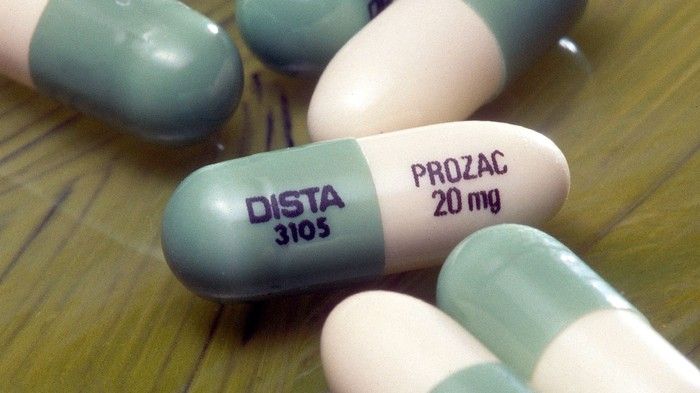
- Dose selection is carried out individually. If you increase the dose too quickly on your own, you can experience a lot of unpleasant consequences.
- Cancellation should also be carried out gradually and under the supervision of a physician. Otherwise, you risk getting a withdrawal syndrome.
What to do?
There are a number of drugs available without a prescription. They are not effective for clinical depression, but they will help to cope with stress, short-term sleep disorders and irritability. With their help, you can try to alleviate your psycho-emotional state a little:
- Glycine is one of the most popular products. It is prescribed, starting from childhood, with stress, overwork, emotional overstrain. Sometimes effective for minor sleep disturbances.
- Afobazole . Has an anti-anxiety effect, eliminates the feeling of fear, tearfulness, irritability.
 It is used in the treatment of vegetative-vascular dystonia and even in alcoholism, to alleviate the symptoms of alcohol withdrawal. Not addictive. It should be borne in mind that children under 18 years of age are contraindicated.
It is used in the treatment of vegetative-vascular dystonia and even in alcoholism, to alleviate the symptoms of alcohol withdrawal. Not addictive. It should be borne in mind that children under 18 years of age are contraindicated. - Novo-passit . Quite a strong sedative for nervousness and irritability. Effective in reducing concentration, memory, fatigue. Helps to restore the nervous system during periods of increased stress.
- Stressovit . Well calms, relieves irritability, anxiety, improves sleep. It is not recommended to drive a car and other activities that require increased concentration of attention during the period of treatment.
- Persen is a herbal medicine. Contains extracts of valerian, lemon balm and peppermint. It has a calming and anti-anxiety effect.
 It helps well with increased excitability, emotional lability, tearfulness. It can be used in the complex therapy of mild anxiety depressive disorders, facilitates the withdrawal of potent drugs.
It helps well with increased excitability, emotional lability, tearfulness. It can be used in the complex therapy of mild anxiety depressive disorders, facilitates the withdrawal of potent drugs. - Magne B6 . Increases the body's resistance to stress. Magnesium deficiency can lead to an imbalance of the nervous system, irritability, sleep disturbances, so Magne B6 has a positive effect in these cases.
- Tenoten . It has an anti-anxiety, calming, anti-asthenic effect, helps to cope with stress and psycho-emotional stress. Relieves irritability and tension. Can be used in neurotic conditions.
When should I see a doctor?
- If the decrease in mood persists for more than two weeks, and attempts at self-treatment have not been effective.
- If you have thoughts about not wanting to live or suicidal thoughts.
- If depression significantly disrupts the usual course of life: you cannot work, fully communicate with your family, enjoy what used to bring joy.
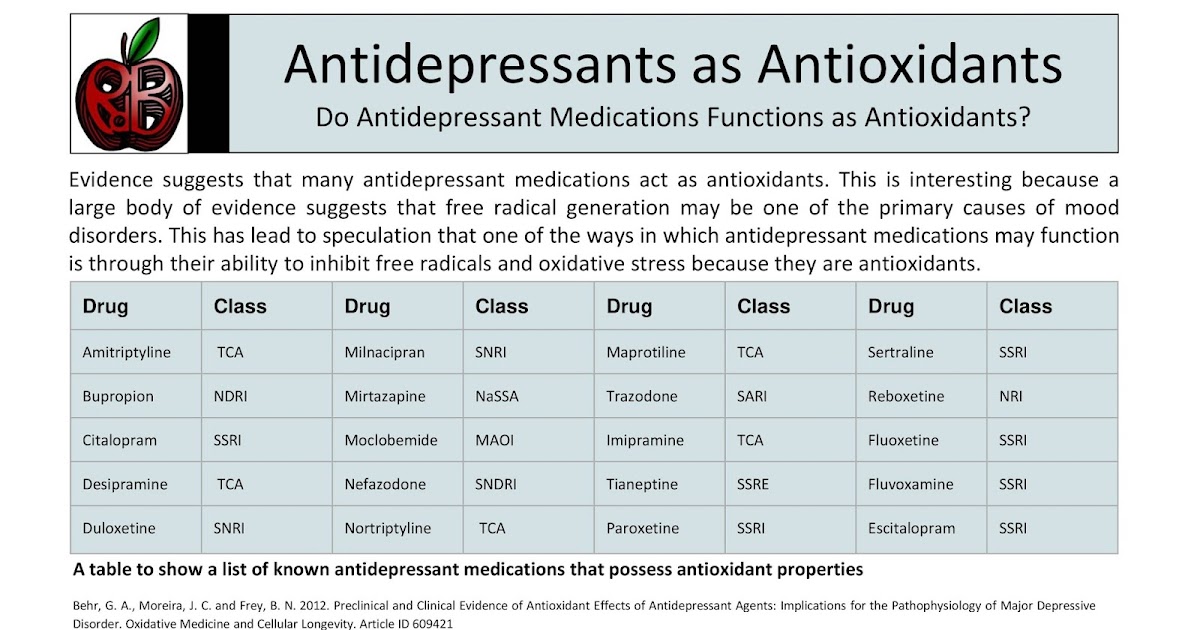
You can consult a psychiatrist in confidence. Information about the very fact of treatment, not to mention the diagnosis and treatment, is a medical secret: they are not reported to work, they are not disclosed. It is better to diagnose depression on time and start treatment than to bring it to advanced stages.
Literature
- Bauer M., Pfennig A., Severus E., Vaibrau P.S., Angst J., Muller H. Clinical recommendations of the World Federation of Biological Psychiatry on Biological Therapy of Unipolar Depressive Disorders Part 1: Acute and Acute and Acute CONTINUOUS TREATMENT OF UNIPOLAR DEPRESSIVE DISORDERS AS OF 2013//CURRENT THERAPY OF MENTAL DISORDERS Number: 4 Year: 2015 Pages: 33-40
- Antidepressant therapy and other treatments for depressive disorders. Report of the CINP Working Group based on a review of the evidence. M., 2008; 215 p.
- Baklanov V.V., Anikeeva A.G., Karataeva Zh.E. METHODOLOGICAL RECOMMENDATION DIAGNOSIS AND TREATMENT OF DEPRESSION IN HEALTHCARE INSTITUTIONS PROVIDING PRIMARY HEALTH CARE TO THE POPULATION Syktyvkar, 2011
Office workaholics are addicted to “mind pills”
A. Taranin
Taranin
Nana Kulikova, managing partner of the Rusinternetcom agency, decided to take a shock dose of a drug that improves performance during a crisis. Her team then faced the task of coming up with a plan for “correction of reputation” for one law enforcement agency in a short time. The drug pantogam was advised to her by business friends: with its help, they could not sleep for two days. The effect impressed her. “We didn’t sleep for almost 50 hours, but in the end our project was accepted, approved at the highest level, everything turned out with a bang, and we worked on it for another year,” Kulikova says.
50 hours non-stop
Pills invented for the sick turn into fashionable doping for workaholics. For example, nootropic drugs that were created in the 70s to treat dementia, Alzheimer's disease, narcolepsy (attacks of irresistible drowsiness) and attention deficit disorder are now positioned as means of improving performance. They have become a kind of Viagra for the mind. “Without the use of stimulants, it is impossible to maintain a high pace of life,” convinces advertising for the drug Provigil, which is sold in the United States, and Russians can buy it on the Internet. “The drug, which allows you to stay awake for more than 40 hours, preserves physical and mental strength, does not have a hangover effect, so it quickly gained fame as a time-shifting drug.”
“Without the use of stimulants, it is impossible to maintain a high pace of life,” convinces advertising for the drug Provigil, which is sold in the United States, and Russians can buy it on the Internet. “The drug, which allows you to stay awake for more than 40 hours, preserves physical and mental strength, does not have a hangover effect, so it quickly gained fame as a time-shifting drug.”
In Russia, the use of such drugs as stimulants is still popular in narrow circles: among students during the session and people working with heavy loads, says Sergey Shulyak, CEO of DSM Group.
Russian employers are wary of working capacity, which is based on pills. In United Machine Building Plants (OMZ), about 90% of employees are production personnel. “And of course, we have a sharply negative attitude towards the use of stimulants, because this creates security risks,” said Yulia Nikolaeva, Deputy General Director of OMZ, expert of the Association of Managers. Usually, everyone who can be suspected of taking any doping, whether it be alcohol or strong drugs, is removed from the shift, an examination is carried out, she adds: “In general, we promote good rest and sleep, we even work with families so that wives watch their husbands if they don't get enough sleep. "
"
Cosmic effect
But companies do not exercise such strict control over office workers. “The most popular dope among office workers is caffeine, on which at least 50% sit,” says psychoanalyst Alexandra Gibinski. Also in use, according to her, eleutherococcus, phenotropil (nootropic drug) and xenon (antidepressant). But these funds are used by no more than 2% of office workers, says Gibinski.
In the world, nootropics and other "pills for the mind" are much more widespread. According to WHO, 30% of adults in Europe and Japan take this group of drugs. Lawyers, bankers and other seemingly serious people began to drink Provigil or Ritalin, which help them work better, trying to gain an advantage over their colleagues, the Financial Times writes. Theoretically, almost all of these products are sold only by prescription. In practice, they can easily be bought online.
According to the Financial Times, US authorities have a different attitude towards self-improvement attempts with the help of pills. Modafinil, for example, is approved for this purpose in the United States, where it has been proven to reduce the number of accidents among shift workers. In Europe, the drug can only be used to treat narcolepsy, and European companies view the use of drugs at work more as a problem than a solution.
Modafinil, for example, is approved for this purpose in the United States, where it has been proven to reduce the number of accidents among shift workers. In Europe, the drug can only be used to treat narcolepsy, and European companies view the use of drugs at work more as a problem than a solution.
Military ahead
Medications have been used to improve performance in the past. Here the pioneers were the military. During the Second World War, participants in the battles used amphetamines - then they were not yet banned. During the 1991 Gulf War, French soldiers, for example, took modafinil to keep their guard up.
In Russia, some nootropics are sold without a prescription. And sometimes doctors themselves mistakenly prescribe them to those whom they can harm - people with an exhausted psyche - and this leads to panic attacks or increased anxiety, says neurologist Kirill Shlyapnikov, general director of the Echinacea clinic.
“When I had to work two jobs, I slept only 3-4 hours and, to ease my mornings, I took a strong over-the-counter nootropic designed to increase the performance of astronauts,” says Tatyana Zaitseva, commercial director of the Zaytseffstudio web studio.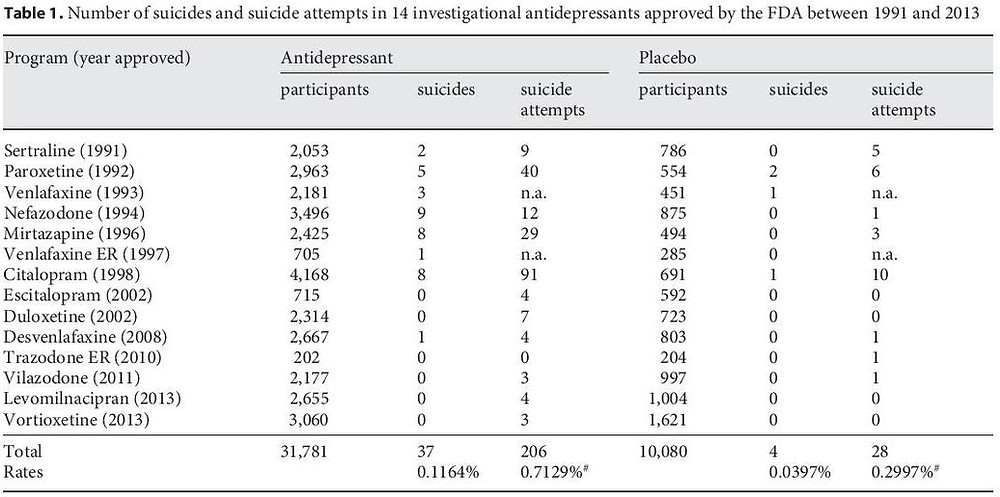 “If you take a pill with cola, you can get through the day as usual, despite the lack of sleep and the general condition of the vegetable.” The drugs of this group were previously prescribed to her by a doctor, but when a second job appeared, she had to change the medicine to a stronger one without the knowledge of the doctor. “Three months of daily intake of space pills did not negatively affect me, I easily returned to the regimen prescribed by the doctor - I take a course of nootropics every six months,” Zaitseva assures.
“If you take a pill with cola, you can get through the day as usual, despite the lack of sleep and the general condition of the vegetable.” The drugs of this group were previously prescribed to her by a doctor, but when a second job appeared, she had to change the medicine to a stronger one without the knowledge of the doctor. “Three months of daily intake of space pills did not negatively affect me, I easily returned to the regimen prescribed by the doctor - I take a course of nootropics every six months,” Zaitseva assures.
Unfair play
The Russian Ministry of Health does not consider the problem to be large-scale and only reminds that self-treatment is dangerous. However, in Western Europe and the USA it is being seriously discussed. Drugs that help you work better may well harm your health, says Barbara Sahakian, a professor at the School of Clinical Medicine at the University of Cambridge. In addition, they can be compared to the use of doping, which gives an unfair advantage.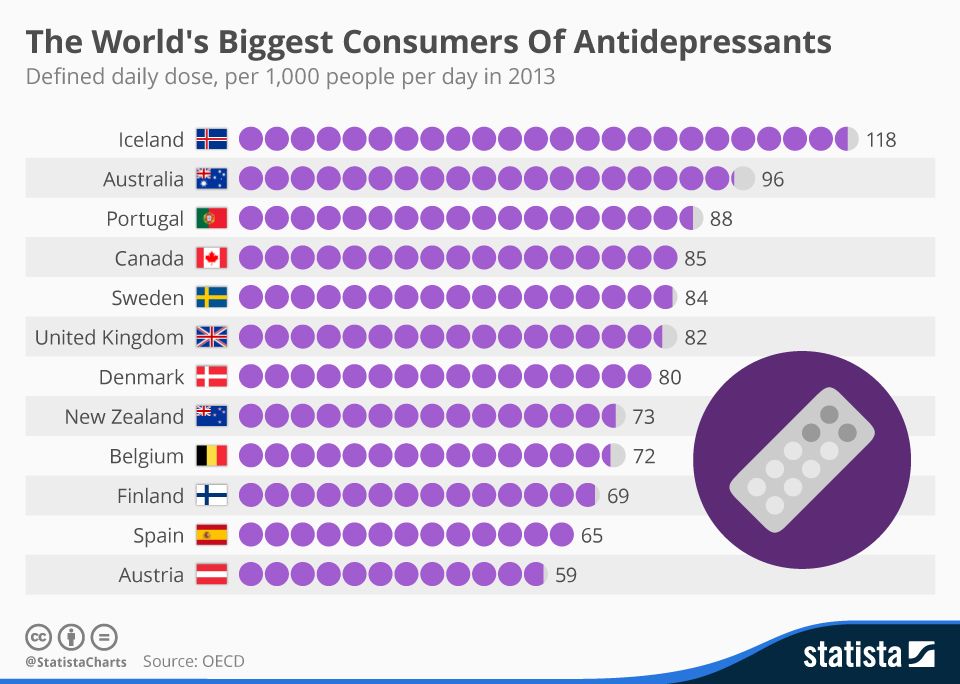 Duke University of America on its website explicitly states: using drugs without a doctor's prescription to increase your own performance is a scam.
Duke University of America on its website explicitly states: using drugs without a doctor's prescription to increase your own performance is a scam.
On the other hand, drugs can actually improve memory, concentration, and stress resistance. In 2011, at Imperial College London, they set up an experiment - they gave modafinil, prescribed for narcolepsy, to doctors suffering from sleep deprivation. They became much more efficient in making decisions and less nervous. The pills were better than caffeine, which caused trembling in the hands.
Experts fear that increasing competition in the labor market will get people hooked on medications. “More and more attention is being paid to work efficiency,” says Karen Dale, senior lecturer at Lancaster University. – It is not enough just to be a good worker, you need to demonstrate activity. It is likely that people will start looking for ways to make their work easier.” However, companies are unlikely to go as far as prescribing medications to workers due to legal risks and unclear long-term consequences of such stimulation, experts say.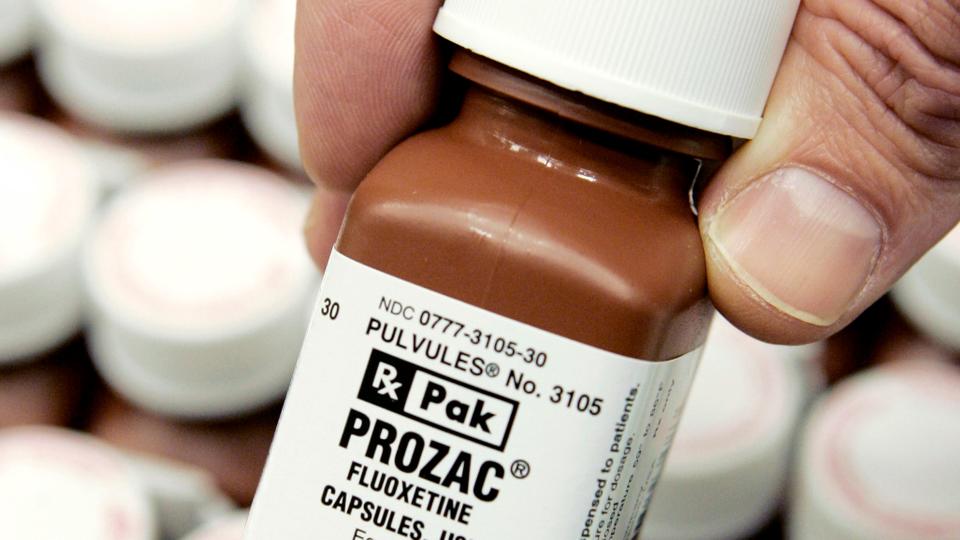
To drink or not to drink
Nootropics are not addictive, like antidepressants, but they have their own unpleasant effects. Olga Gileva, director of the Yekaterinburg company Lucky Ticket, took nootropics to better pass her exams at the university. “Everything was great, I passed the session wonderfully,” she says. - Only another time it turned out that their action was not so bright. And then I noticed that it became difficult to think, retardation appeared. Still, fatigue occurs in the body for a reason, and a person pays for such experiments with health, often mental.”
In a situation of emergency, a healthy person can take nootropics for no more than 3-4 days, and then you need to get enough sleep, Shlyapnikov says. After several months of taking it, insomnia develops: the brain, running to its fullest, getting used to working around the clock, cannot turn off and fall asleep in the evening, Shulyak warns.
And at the same time, these drugs will never have an immediate effect, Dmitry Nikogosov, head of the analytical department of the biomedical holding Atlas, clarifies: “Often, especially impatient people forget about this, which can lead to an overdose.
